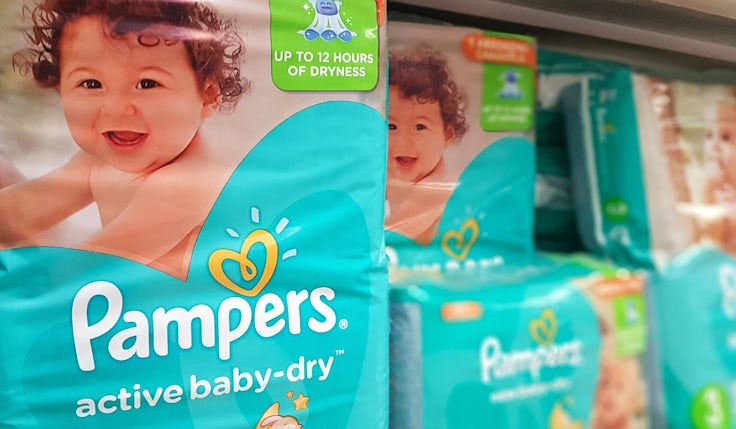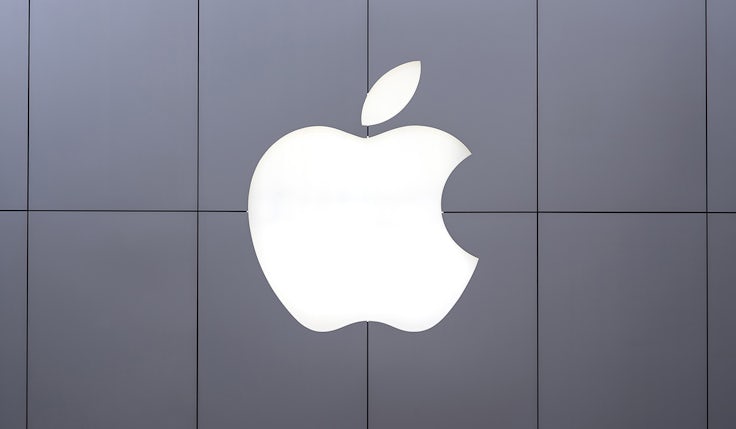People don’t always buy the best product, they buy the product they know
The best product doesn’t always win, which is why advertising is so important.
 I’ve had several chats with managers recently who are convinced their product is the best in the market, so they think its quality should do most of the marketing.
I’ve had several chats with managers recently who are convinced their product is the best in the market, so they think its quality should do most of the marketing.
Other managers worry their product isn’t the best in the market, so they don’t want to launch it yet or advertise it.
Sound familiar? In either case, you need to start advertising to grow your business.
Why? Firstly, because no one actually knows what the best product is. And secondly, they have neither enough time nor energy to find out. So, the main success factor is that your product or brand gets known and thought of.
The ‘product superiority’ myth: No one knows what the best product is
Many firms, especially those run by people with a technical background, are especially proud of their product. In fact, they know it’s the best around. So, they don’t believe they have to advertise it, because people will recognise its superiority once they see it.
Many other managers, especially in the technology arena, are held back by the belief that since their product isn’t the best in the market, they should refrain from advertising it or even launching it. Otherwise, they think their advertising might bring people into the market who will compare brands and end up choosing a competitor. Because those buyers realised that theirs isn’t the best, something else is.
The way to get into memory and build familiarity is by advertising – to the broad base of category buyers, most of whom are not in the market right now, but will be in future.
But in both cases, this line of thought is unproductive. No one knows what the best product is, because buyers don’t compare all the alternatives. Your product doesn’t have to be the best to be bought. The main thing it needs is for buyers to have heard of it, so it comes into their mind at the right time. And the main way that happens is by advertising.
Are we suggesting you should forget about quality and promote any sort of junk? Not at all. It’s very important to accommodate buyer needs and ensure your product or service offers the benefits that buyers need. And, of course, you want your product to be good. It carries your company’s name, and in some cases, there could be penalties if it fails to perform.
‘A learned helplessness’: Why are marketers limiting themselves to just 1P?
‘Cognitive misers’: Why no one knows what the best product is
Buyers are ‘cognitive misers’ – they don’t want to expend more energy thinking than necessary to make a purchase. Buyers – you included – are all too busy to spend a lot of time comparing the features and benefits of a dozen competing offers.
Instead, buyers think of and consider a small subset of the total offerings available.
A recent study of B2B buying decisions revealed the average consideration set was just two providers. Another showed an average of four. The numbers are a bit different, but they average to just 3.0. This is a tiny fraction of the dozens of competitors jostling for share in any B2B market.
To expand this point a bit more, consider a qualitative study of Swedish B2B buyers. This study, too, revealed that people ‘in the market’ typically evaluated quite small sets of suppliers. Buyer comments were recorded, such as: “After having checked a few of them, you consider yourself satisfied. There are far too many [to evaluate].” And: “Yes, there are many but it’s like, we only want [to evaluate] a few.”
‘Information imperfections’: How markets and memories work
Economists use the term ‘information imperfections’ to describe the fact that buyers do not have the time nor energy to assemble all the information they need for a fully informed decision.
Instead, they use their memories, and maybe a bit of searching – to get to two or three providers, and from there, whittle it down to one – often very quickly.
And guess what guarantees that a brand does not make it onto the buyer’s shortlist? One that they’ve never heard of.
Even if intending buyers search on the web, they pick out brands they know, because familiarity is reassuring. A recent study showed over 80% of people chose a brand they were already familiar with when searching for products online. Being rejected because the brand isn’t good enough is not the primary issue: most brands don’t even make it that far.
Therefore, building a place in people’s memory is important. Being familiar to them is important. And the way to get into memory and build familiarity is by advertising – to the broad base of category buyers, most of whom are not in the market right now, but will be in future.
The decision to advertise: Big and small, upside and the downside
Does targeting a broad base of future category buyers sound like an expensive prescription, especially when you must wait for those buyers to come into the market for a potential payoff? Well, yes, it can be expensive.
The good news is, if you’re a small brand, you don’t need to spend at the level of a big brand. But you do have to spend. And you can spend wisely – the most efficient approach is to spread out spend over time, rather than spending it all in one quarter. Then, you can increase ad spend as your brand grows.
Buyers don’t necessarily buy the best product; they buy the best of the products they know.
Also, recall that if the average number of brands considered by a buyer is say, three, that means each of those brands, on average, has a 33% chance of being bought. So, for every extra person that you successfully create some mental availability for your brand – a link to a relevant buying situation, or what the Ehrenberg Bass Institute calls ‘category entry points’ – you increase your chance of being bought from around zero to around 33%.
And consider not just the upside, but also the downside. The cost of not advertising is the revenue you might forego in the future because you have failed to cultivate a place in the minds of tomorrow’s buyers.
Mental availability is vital
In B2B, and in markets with sophisticated technology and professional buyers, building mental availability in the mind of the buyer is vital to brand growth. Because even in B2B markets, potential buyers still rely primarily on their memory to form a consideration set and buy brands they are already familiar with.
And they only consider a fraction of all the brands or providers available. These information imperfections mean that your brand doesn’t have to be the best to be bought. But your brand can’t be bought if you’re not thought of.
However, the good news is that advertising can make potential buyers familiar with your brand in advance of purchase, massively increasing the chance they think of – and buy – your brand when they do come into the market.
Remember, buyers don’t necessarily buy the best product; they buy the best of the products they know.
Professor John Dawes is an associate director and the Ehrenberg-Bass Institute of Marketing Science.







